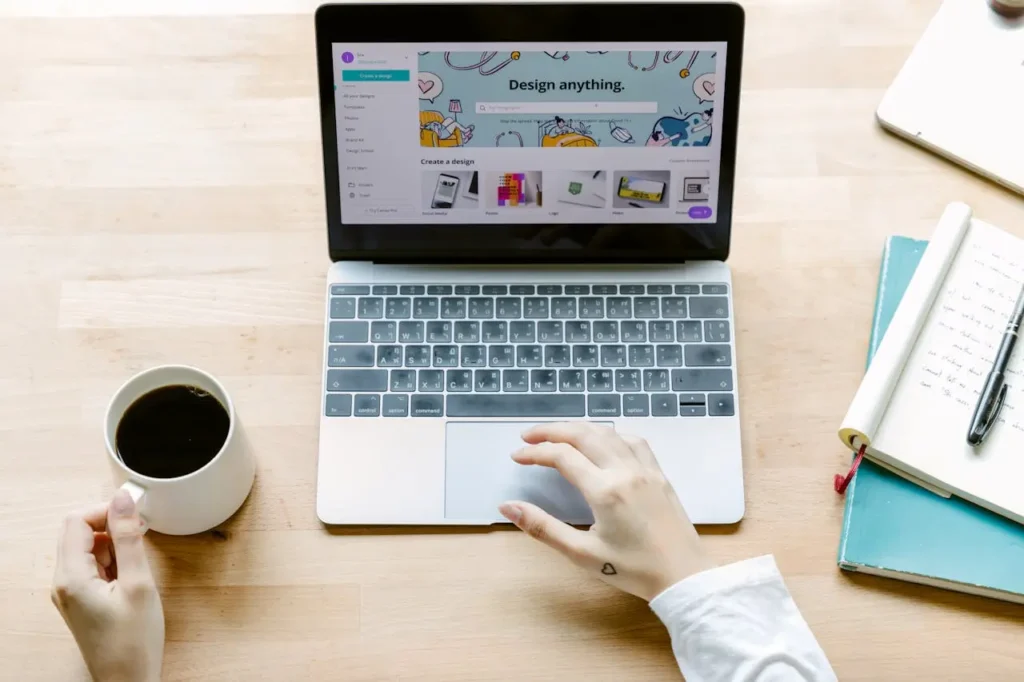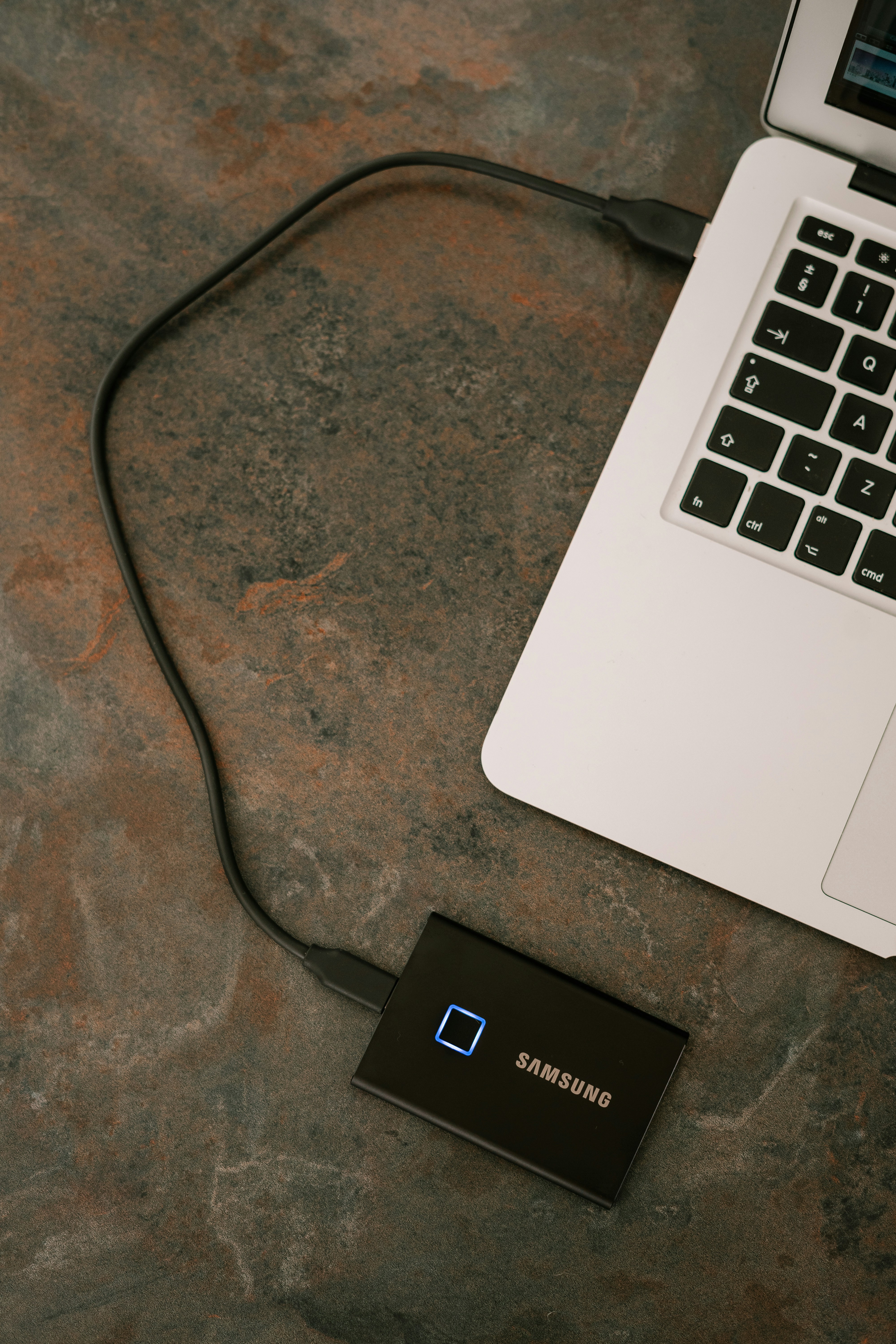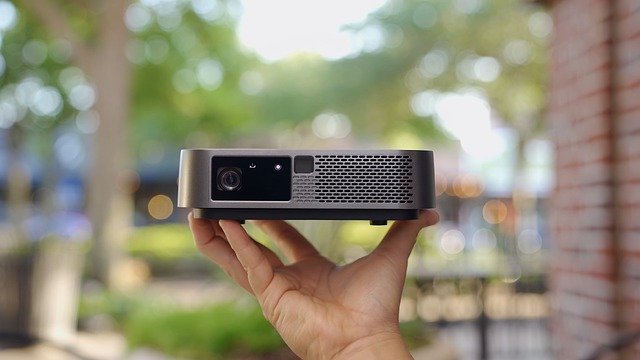Choosing the Best Laptop for Home, Work and Gaming
When it comes to purchasing a best laptop for home, work, or gaming, there are several important factors to consider.
Note: Go Just Online is a participant in Amazon’s Affiliate Program. As an Amazon Affiliate I earn from qualifying purchases. These links redirects to external ecommerce websites.

Introduction.
With so many options available in the market, it can be overwhelming to choose the right laptop that meets your specific needs and requirements.
In this article, we will discuss the main points to remember when purchasing a best laptop for different purposes and provide insights to help you make an informed decision.
Firstly, it’s crucial to consider the intended use of the laptop.
Are you primarily going to use it for basic tasks like web browsing, word processing, and multimedia consumption? Or do you require a powerful machine for demanding tasks such as video editing, graphic design, or gaming?
Understanding your needs will help you determine the necessary specifications and features your laptop should have.
For general home use, a laptop with a good balance of performance and affordability would be ideal. Look for a model with a mid-range processor, sufficient RAM, and a decent amount of storage.
Additionally, consider factors like battery life and portability if you plan to use the laptop on the go or in different areas of your home.
Best Laptop for Work.
On the other hand, if you’re purchasing a laptop for work, you may need to prioritize factors like processing power, storage capacity, and connectivity options. Depending on your profession, you might require a laptop with a high-performance processor, ample RAM, and a large storage capacity for handling complex tasks and storing large files. Additionally, features like a comfortable keyboard, a reliable trackpad, and a variety of ports for connecting peripherals can greatly enhance your productivity.
When it comes to gaming laptops, the focus shifts towards graphics performance and display quality. Look for a laptop with a dedicated graphics card, a high refresh rate display, and a powerful processor to ensure smooth gameplay. Gaming laptops often come with additional features like RGB lighting, customizable keyboard layouts, and advanced cooling systems to enhance the gaming experience.
It’s also important to consider the longevity of the laptop. Technology advances at a rapid pace, and you’ll want a laptop that can keep up with future software updates and new applications. Investing in a laptop with upgradable components, such as RAM and storage, can help prolong its lifespan and ensure it remains relevant for years to come.
In conclusion, purchasing a laptop requires careful consideration of your specific needs and requirements. By understanding the intended use of the laptop and considering factors like performance, affordability, portability, and future-proofing, you can make a well-informed decision that will meet your needs and provide you with a reliable and efficient computing experience.
Assessing Diverse Usage Scenarios.
When determining your specific needs for a best laptop, it is important to consider not only the primary purpose for which you will be using it, but also any secondary purposes or specific tasks that you may need it to perform. For example, if you plan on using your laptop for graphic design or video editing, you may need a laptop with a high-resolution display and a powerful graphics card to handle the demands of these tasks.
Additionally, think about the portability factor. Will you be traveling frequently with your laptop? If so, you may want to prioritize a lightweight and compact laptop that is easy to carry around. On the other hand, if you will mostly be using your laptop at home or in the office, you may be able to opt for a larger and more powerful model without sacrificing portability.
Another important consideration is the operating system. Are you more comfortable with Windows, macOS, or Linux? Each operating system has its own strengths and weaknesses, so it is worth doing some research to determine which one would be the best fit for your needs. Additionally, consider the software and applications that you will need to use on your laptop, and ensure that they are compatible with the operating system you choose.

Display.
The display is an important aspect to consider when choosing a laptop. The size, resolution, and quality of the display can greatly impact your overall experience. If you plan on using your laptop for multimedia purposes or graphic design, a larger display with a higher resolution would be ideal. However, if portability is a priority, a smaller and lighter laptop with a decent display may be more suitable.
Operating System.
Another important consideration is the operating system (OS) of the laptop. The most common options are Windows, macOS, and Chrome OS. Each OS has its own set of features and compatibility, so choose one that aligns with your needs and preferences. If you are familiar with a particular OS or require specific software that only runs on a certain OS, it is advisable to stick with that option.
Connectivity.
Consider the connectivity options available on the laptop. Look for best laptops with a variety of ports such as USB, HDMI, and SD card slots to ensure compatibility with your devices and accessories. Additionally, check if the laptop supports Wi-Fi and Bluetooth connectivity for seamless wireless connections.
Build Quality.
The build quality of the laptop is an often overlooked but crucial aspect. A well-built laptop with a sturdy chassis and durable materials will ensure longevity and reliability. Pay attention to the keyboard and trackpad quality as well, as these are the primary input devices you will be using on a daily basis.
Price.
Lastly, consider your budget when choosing a laptop. Laptops come in a wide range of prices, so it is important to set a budget and stick to it. Determine the features and specifications that are essential for your needs and find a laptop that offers the best value for your money.
By considering these specifications, you can narrow down your options and find a laptop that meets your specific requirements. Whether you are a student, professional, or casual user, choosing the right laptop will greatly enhance your productivity and overall computing experience.
When it comes to screen size and display, there are a few key considerations to keep in mind. First and foremost, the screen size itself is an important factor to consider. Laptops come in a range of sizes, typically ranging from 11 to 17 inches. The size you choose will ultimately depend on your personal preferences and needs.
If you frequently travel or need a best laptop that is easy to carry around, a smaller screen size, such as 11 or 13 inches, may be more suitable for you. These smaller laptops are generally more lightweight and compact, making them ideal for on-the-go use. On the other hand, if you primarily use your laptop at home or in an office setting, a larger screen size, like 15 or 17 inches, may provide a more immersive viewing experience.

Display Quality.
In addition to screen size, the display quality is another crucial consideration. One important aspect of display quality is the resolution. Higher resolutions, such as Full HD (1920×1080) or even 4K (3840×2160), offer sharper and more detailed visuals. This can be particularly beneficial if you frequently work with graphics, edit videos, or simply enjoy watching movies and TV shows in high definition.
Another important factor to consider is the panel type. One popular panel type is IPS (In-Plane Switching), which offers better color accuracy and wider viewing angles compared to other panel types, such as TN (Twisted Nematic). This means that with an IPS panel, you can expect more vibrant and true-to-life colors, as well as the ability to view the screen from different angles without any loss of image quality. This can be especially important for content creators who need accurate color representation or for gamers who want an optimal viewing experience.
Overall, when choosing a laptop, it’s important to consider both the screen size and display quality. By finding the right balance between these factors, you can ensure that your laptop provides an enjoyable and visually pleasing experience, whether you’re working, gaming, or simply browsing the web.
Portability and Design – Best Laptop.
If you plan to carry your laptop frequently or use it on the go, portability becomes a significant consideration. Look for laptops that are lightweight, slim, and compact in design. Ultrabooks and 2-in-1 laptops are popular choices for their portability and versatility.
Consider the build quality and durability of the laptop as well. Look for laptops made from high-quality materials that can withstand everyday use and occasional travel.
In addition to the physical design, it is also important to consider the overall aesthetic appeal of the laptop. While this may not be a crucial factor for everyone, having a laptop that looks sleek and stylish can enhance your overall experience. Whether you prefer a minimalist design or a laptop with bold colors and patterns, there are plenty of options available to suit your personal taste.
Furthermore, the ergonomics of the laptop should not be overlooked. A well-designed keyboard and trackpad can significantly improve your typing and navigation experience. Look for laptops with comfortable key spacing, responsive keys, and a smooth trackpad that supports multi-touch gestures.
Ports and Connectors.
Another aspect to consider is the availability and placement of ports and connectors. Depending on your specific needs, you may require a laptop with multiple USB ports, an HDMI port, an SD card slot, or other connectivity options. Ensure that the laptop you choose has the necessary ports conveniently located for easy access.
Lastly, consider the overall size of the laptop. While a smaller laptop may be more portable, it may also have a smaller screen size, which could affect your productivity and multimedia experience. On the other hand, a larger laptop may offer a more immersive viewing experience but may be less convenient to carry around. Consider your usage requirements and strike a balance between portability and screen size that suits your needs.
In conclusion, when choosing a best laptop, it is essential to consider its portability and design. Look for a lightweight and compact laptop that is made from durable materials. Pay attention to the overall aesthetic appeal, ergonomics, and availability of ports. Finally, strike a balance between portability and screen size to ensure a satisfying user experience.
Best Laptop Operating System.
The choice of operating system depends on your personal preferences and the software you intend to use. The three main operating systems for laptops are Windows, macOS, and Chrome OS.
Windows is the most widely used operating system, offering a vast range of software compatibility and customization options. It provides a familiar interface and is compatible with a wide range of applications, making it suitable for both personal and professional use. Windows also offers extensive hardware support, allowing users to choose from a variety of laptops with different specifications and features.
On the other hand, macOS is exclusive to Apple laptops and is known for its seamless integration with other Apple devices. It offers a sleek and intuitive user interface, making it popular among creative professionals. macOS also provides a robust ecosystem of software and applications specifically designed for Apple devices, making it an ideal choice for those heavily invested in the Apple ecosystem.
Chrome OS, found in Chromebooks, is a lightweight operating system designed for web-based tasks. It is suitable for users heavily reliant on cloud storage and online applications. Chromebooks are known for their fast boot times and long battery life, making them ideal for students and frequent travelers. While Chrome OS may not offer the same level of software compatibility as Windows or macOS, it excels in providing a simple and secure computing experience for users who primarily use web-based applications.
Ultimately, the choice of operating system depends on your individual needs and preferences. Consider the type of software you will be using, the level of customization you require, and your familiarity with different operating systems. Researching and understanding the strengths and limitations of each operating system will help you make an informed decision and choose the one that best suits your needs.

Budget for Best Laptop.
Lastly, think about your budget. Laptops can vary greatly in price, so it is important to determine how much you are willing to spend before starting your search. Keep in mind that while it can be tempting to go for the cheapest option available, investing a bit more money upfront can often result in a laptop that will better meet your needs and last longer in the long run.
By taking the time to carefully consider your specific needs and requirements, you can ensure that you choose a laptop that is perfectly suited to your lifestyle and will help you accomplish your tasks efficiently and effectively.
When setting a budget for your laptop purchase, it is important to consider several factors. First, think about your specific needs and requirements. Are you a casual user who mainly uses the laptop for browsing the internet and checking emails? Or are you a professional who needs a high-performance machine for tasks such as video editing or graphic design?
Identify your Needs.
Once you have identified your needs, you can start researching laptops that meet those requirements. Take into account the specifications that are most important to you, such as processor speed, RAM, storage capacity, and graphics capabilities. These factors will have a significant impact on the overall performance of the laptop.
Next, consider the brand and reputation of the manufacturer. While there are many reputable brands in the market, some may offer better quality and reliability than others. Reading reviews and customer feedback can help you gauge the overall satisfaction of previous buyers.
It is also worth considering the warranty and customer support options provided by the manufacturer. A longer warranty period and responsive customer support can provide peace of mind in case of any issues or defects with the laptop.
Once you have gathered all this information, you can start comparing prices. Look for laptops that offer the best value for money, considering both the features and specifications they offer and their price tag. Keep in mind that some laptops may have higher prices due to their brand name or design, but they may not necessarily offer better performance.
Conclusion: Best Laptop
Finally, it is important to stick to your budget. It can be tempting to go over your budget for a laptop with more features or better specifications, but it is crucial to be realistic and prioritize your needs. Remember that technology advances rapidly, and what may be top-of-the-line today may become outdated in a couple of years.
By setting a budget and sticking to it, you can ensure that you make a wise and informed decision when purchasing a laptop. This will help you find a balance between your needs and budget, ultimately leading to a satisfying and cost-effective purchase.
Also read about,
- Lenovo Student Laptops – Empowering Education
- Best Gaming Laptop Accessories: Online Deals Info
- Best Gaming Laptop for 2025.
- The role of Computer operating systems and their functions.
- New Laptops: Unleashing Power with the Best Options You Need in 2025.
- External Keyboard Hacks When Laptop Keys Stop Working
- Go Just Online – Deals News | Linktree.






